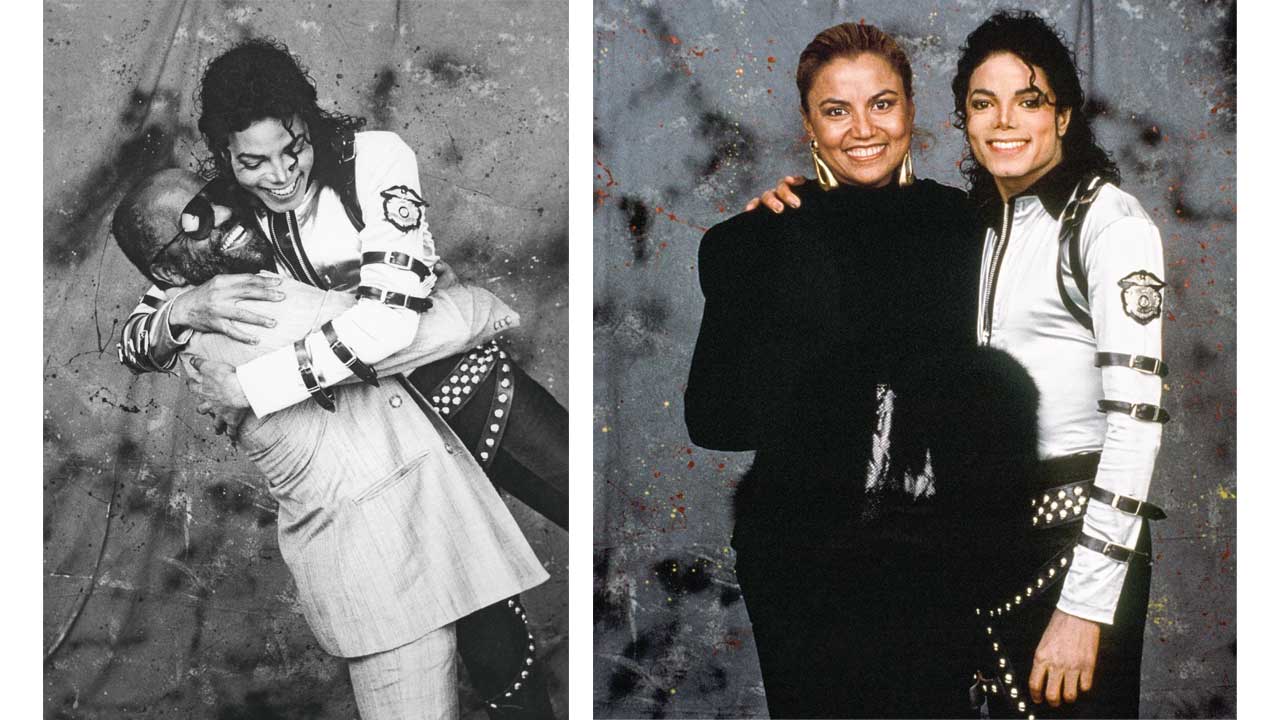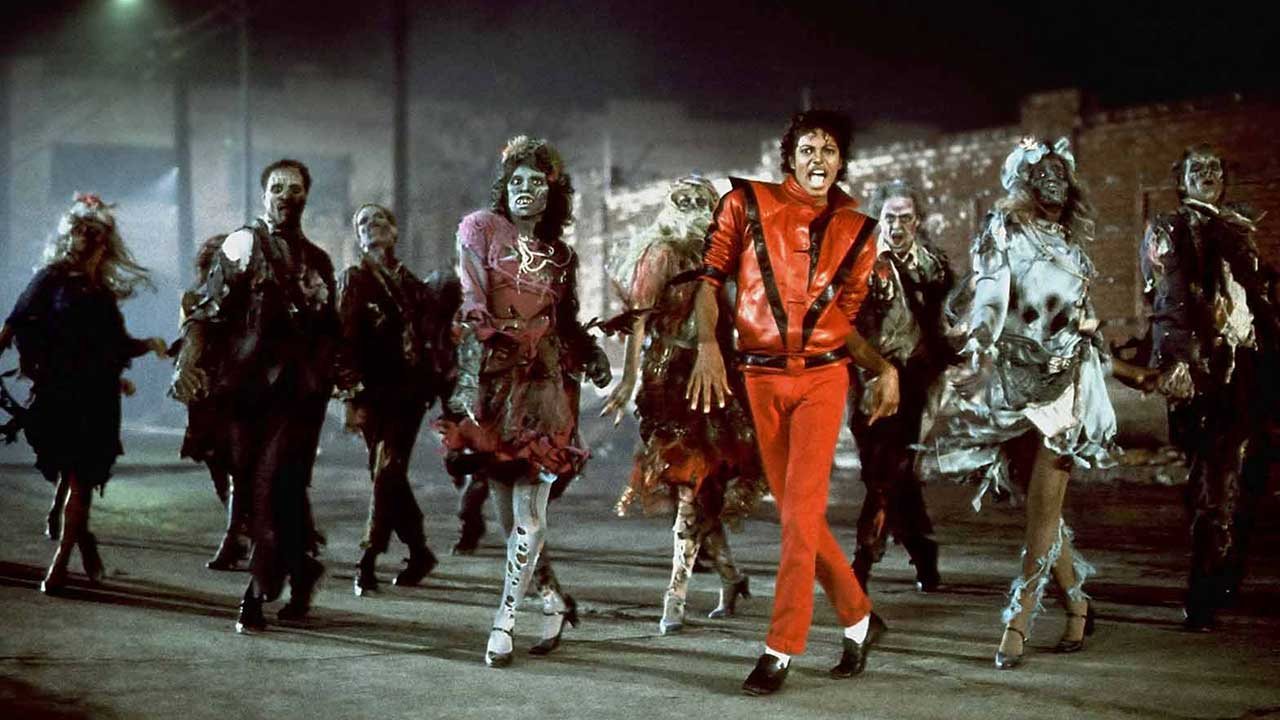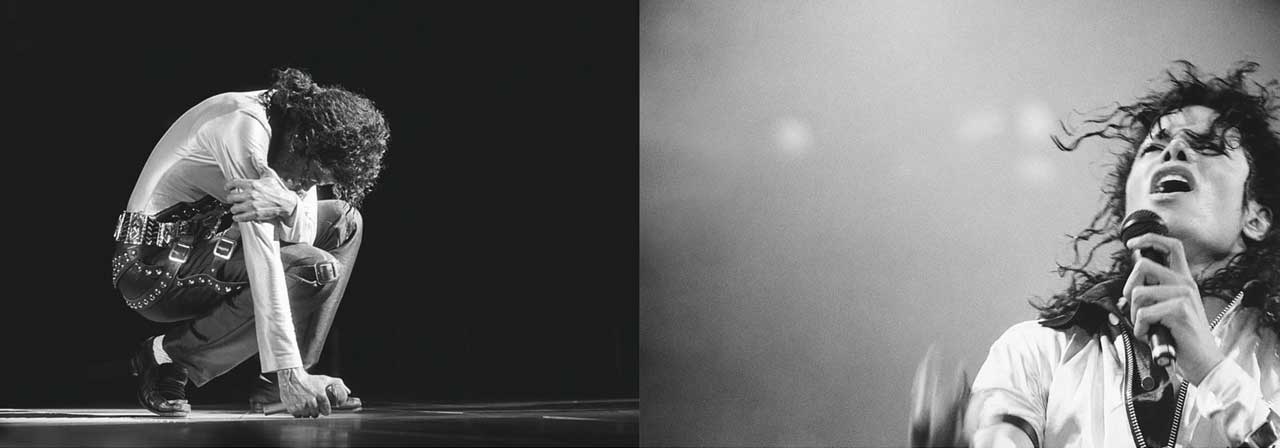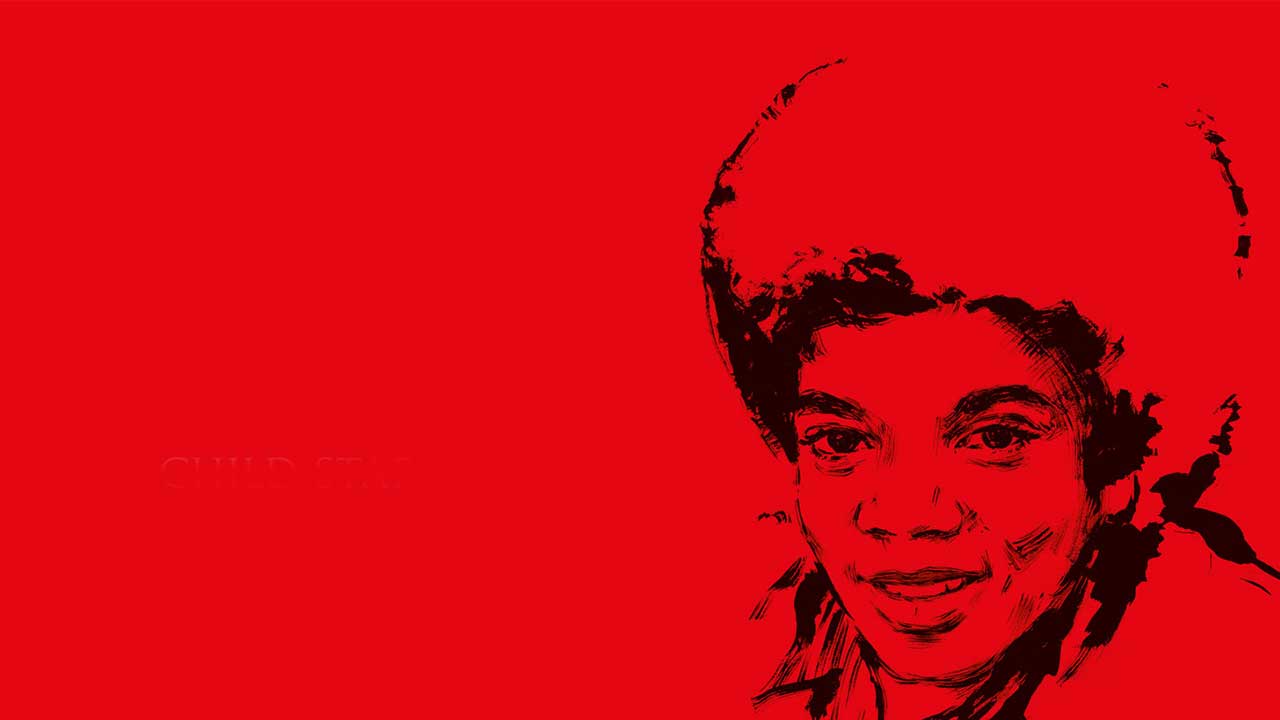
SdP When you first took Michael in the studio, you had already engineered a concept for how you were going to capture what you had seen him and his brothers do live. What went into that strategy?
BG My process was not to have Michael do what he was doing. The James Brown-type stuff was way beyond his years. What I saw in him was more of a young Frankie Lymon-type. We looked at who he was, his age, his energy. He had this vibrant, passionate, young kid energy but he was copying the styles of others who were much older and more experienced. While that did help him in his understanding of music, it was not the way I felt he should be presented at first. I wanted to bring out the other side of him with the passion of being young, exciting, free from all pain, free from all troubles, free as a young kid would be, loving, in love and happy. So the songs we picked turned out to be perfect for him and his brothers.
As everyone knows by now, it was “I Want You Back”, “ABC”, “The Love You Save”, and “I’ll Be There”. Once he saw the meticulous way that these songs were done, the kind of effort we put in to make those hits — since they became the first group in history to have their first four records go to Number One — Michael then understood the process. Because he was such an old soul, he recognized that he had set a record on his first song, first release, first everything. So he made up his mind to set records in whatever he did. But it was not only the music, it was the promotion and the marketing, the public relations, everything and Michael was very interested in all of these elements in his career. He became a master in most of those things.

SdP Do you think that by creating The Corporation [Berry Gordy’s songwriting team] that there was a special advantage that you guys had in recording the group? Did that have some bearing on the hits?
BG The creative people on any project have a great input. I was the captain of the ship, but Motown was a collaborative company. We’ve always been a collaborative company and we’ve always strived for the best. The Corporation was a team of guys that I put together because I wanted people who were able, because of the name of the team, to put their egos aside and work for the good of the team, the good of Michael, the good of the company. I wanted to come up with many hits. Since there were no egos and politics allowed in that operation, it proved to be very good.
SdP I remember when the boys would go into the studio and there would be a break, the other guys would go outside and mess around, play basketball. Michael would come into the control room to be with you. Wasn’t he asking you a lot of questions?
BG Absolutely. Absolutely. He asked certain questions, but he was mainly listening and looking and thinking. The Jackson 5 lived with me when they came to California so it was easy for us to work around the clock, if necessary. While they all worked and they were all enthusiastic, Michael was the most introspective, always watching and studying. He and I spent a lot of time rehearsing and he’d do the demos for the songs. As a demo singer, he helped form the songs, because he was singing whatever we [The Corporation] had written. You know, after having Stevie Wonder and dealing with his entourage of teachers and tutors and people sent by the courts to watch over us — it was a nightmare — I didn’t want any kid acts. In spite of my lack of enthusiasm, my lack of interest, Suzanne, you did finally talk me into seeing Michael and his brothers. And the rest is history.



